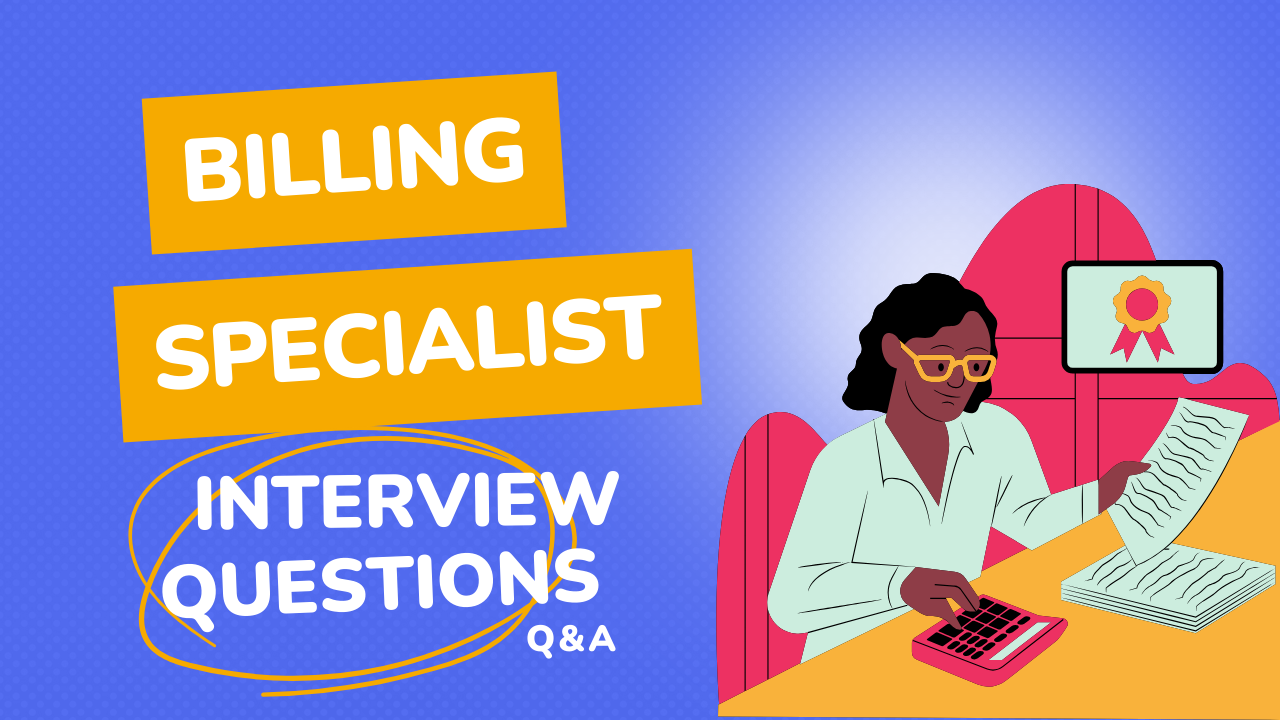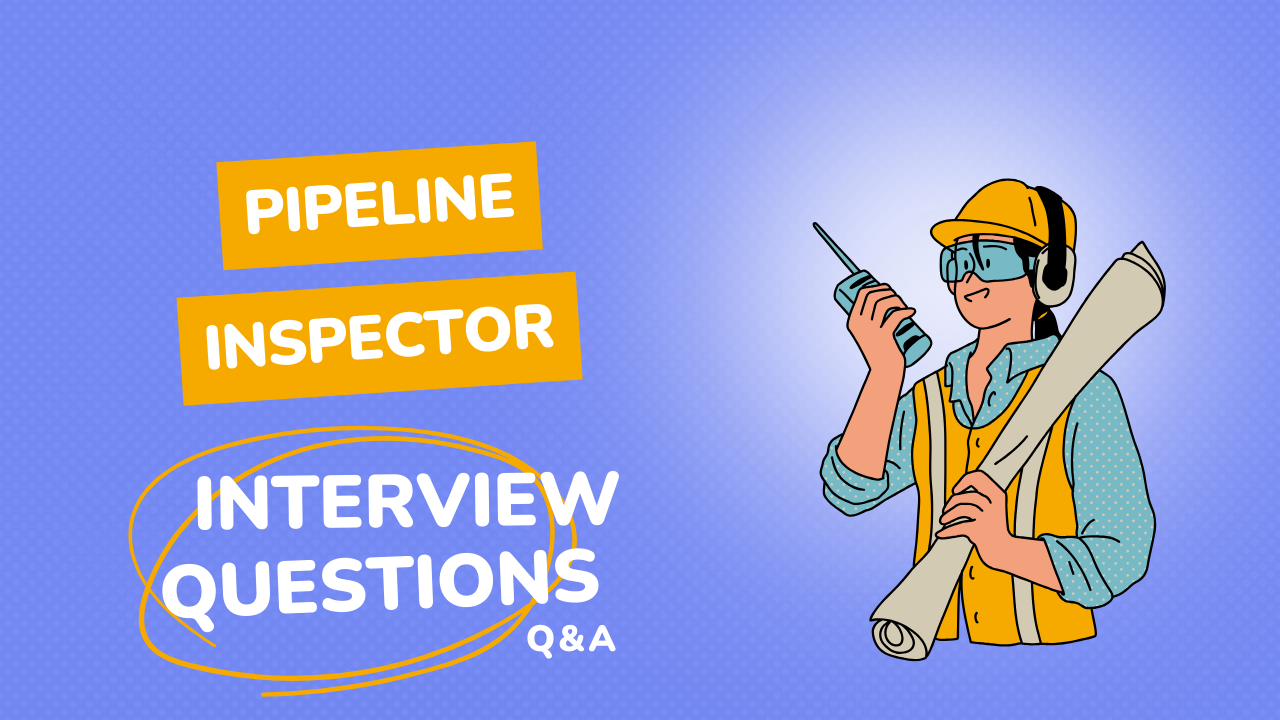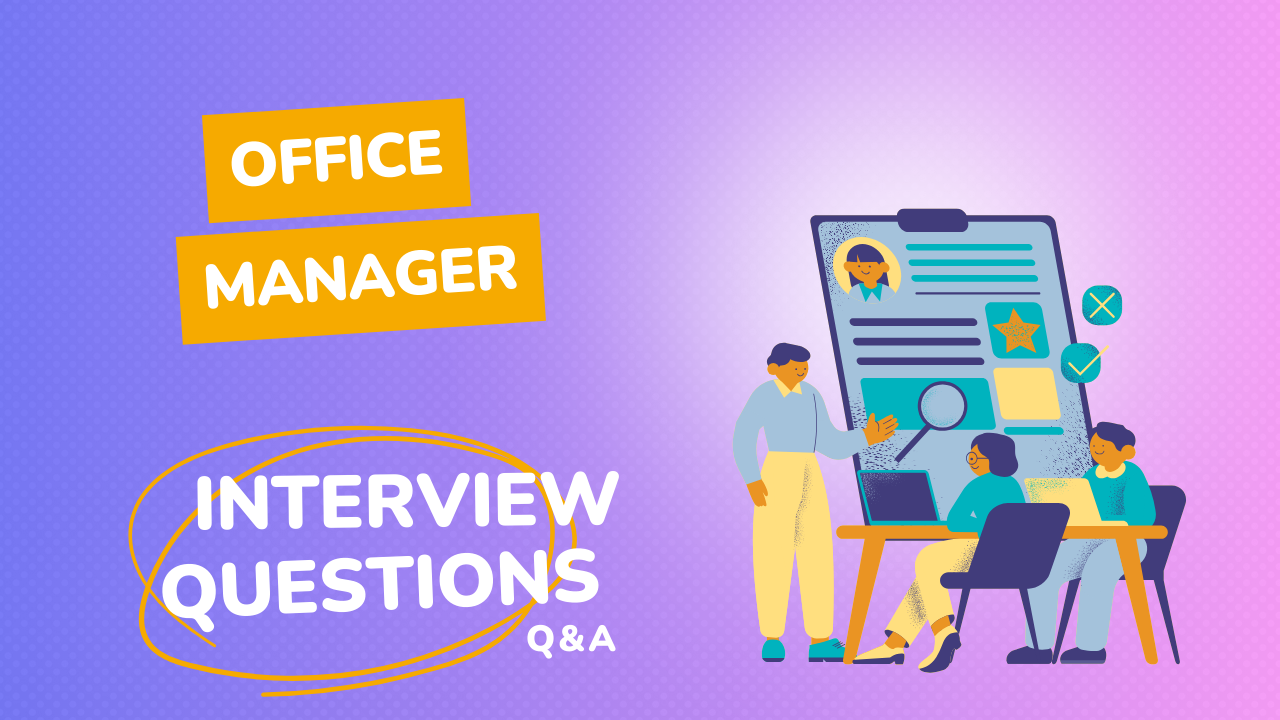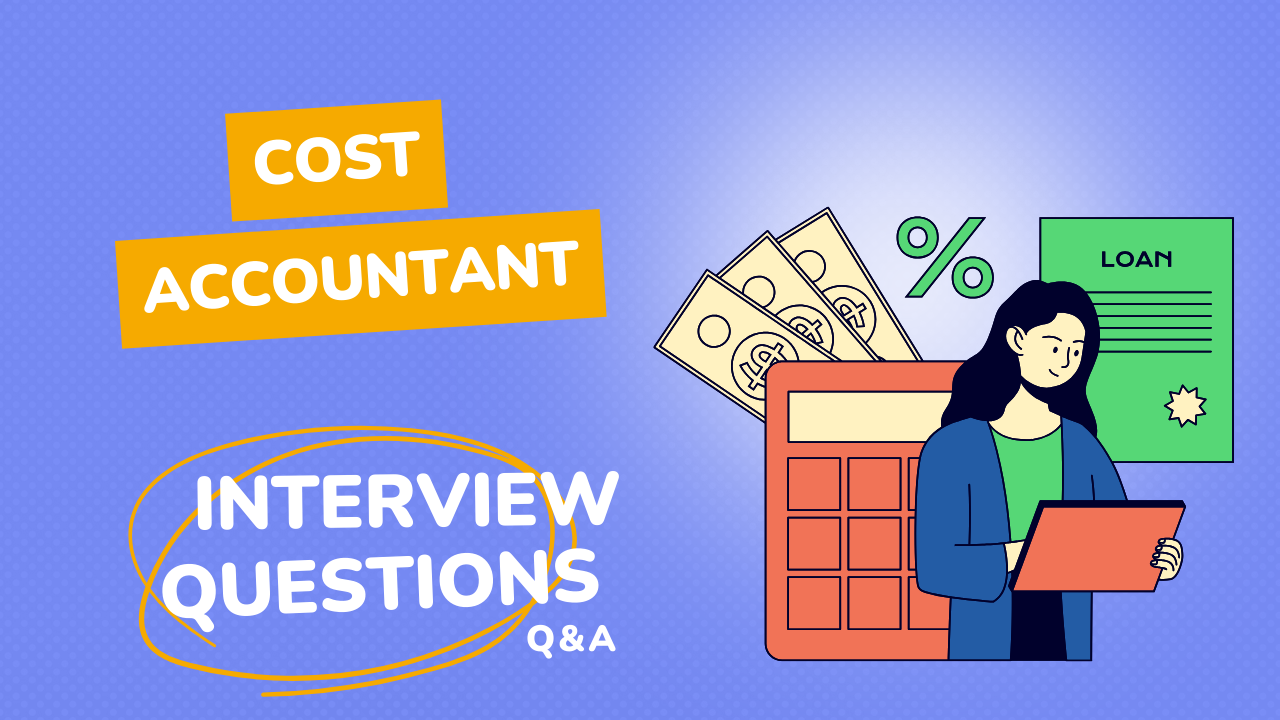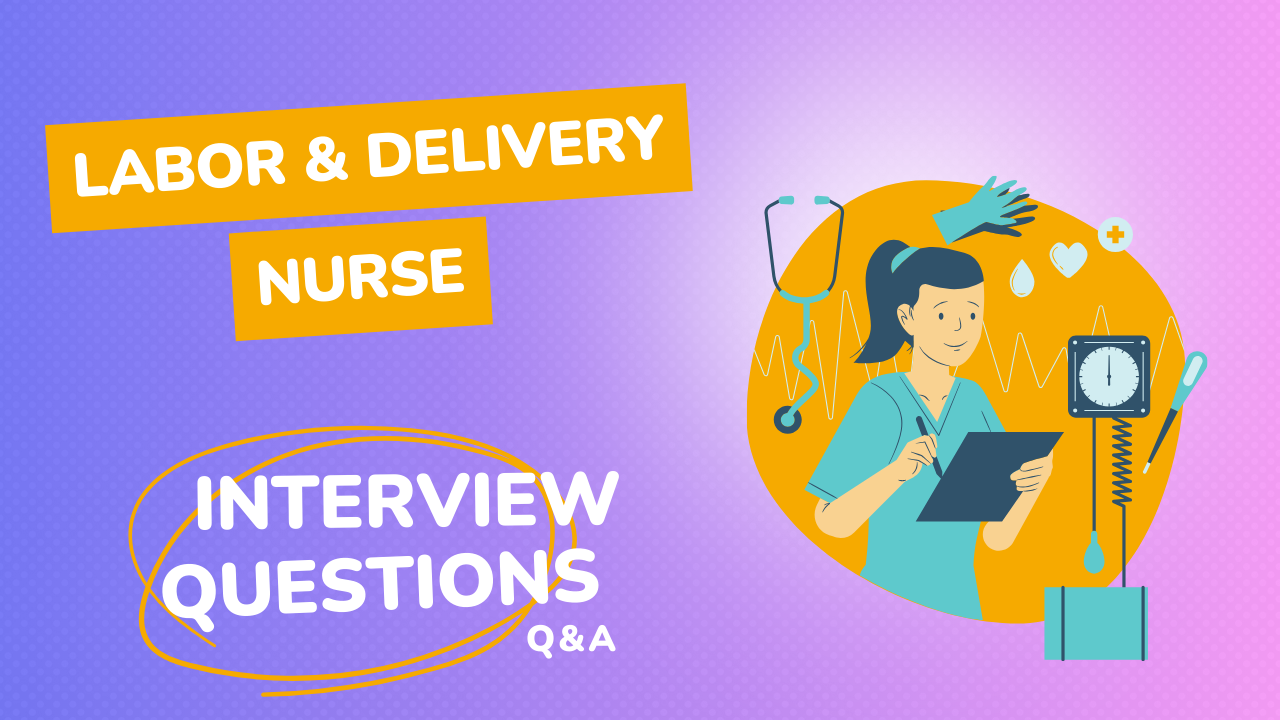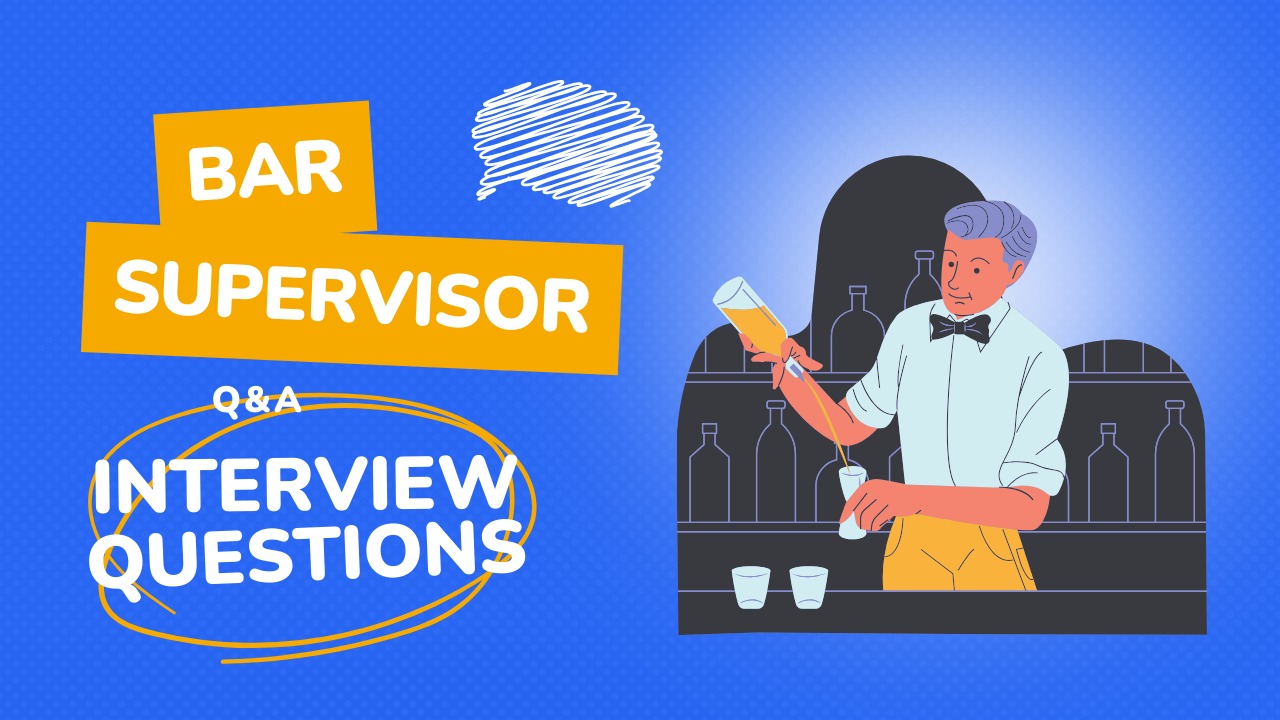Blog Detail

The Insider's Guide to the UK Staff Auditor Interview
Jul 27, 2024
The Insider's Guide to the UK Staff Auditor Interview
In the dynamic landscape of finance and accounting, the role of a staff auditor is critical for maintaining the integrity and transparency of financial operations within organizations. Whether you're a recent graduate or a seasoned professional looking for a new opportunity, the staff auditor interview in the UK can be a crucial step in your career journey. In this guide, we'll delve into the intricacies of the staff auditor interview process, providing insights and tips to help you navigate it successfully.
Understanding the Role of a Staff Auditor
Before diving into the interview process, it's essential to have a clear understanding of what the role of a staff auditor entails. Staff auditors in UK play a vital role in examining financial records, ensuring compliance with regulations, and identifying any discrepancies or irregularities. They work closely with senior auditors and management to assess risks, conduct audits, and provide recommendations for improving financial processes.
Preparing for the Interview
Preparation is key to success in any interview, and the staff auditor interview is no exception. Start by thoroughly researching the company you're interviewing with, including its industry, financial performance, and any recent news or developments. Familiarize yourself with the role of a staff auditor within the organization and the specific responsibilities associated with the position.
Additionally, brush up on your knowledge of auditing principles, regulations, and best practices. Be prepared to discuss your relevant skills and experiences, including any previous audit work or projects you've been involved in. Practice articulating your thoughts clearly and concisely, particularly when explaining complex concepts or addressing hypothetical scenarios.
The Interview Process
The staff auditor interview process typically consists of several stages, which may include initial screenings, competency-based interviews, technical assessments, and panel interviews. Each stage is designed to assess different aspects of your suitability for the role.
During the interview, be prepared to discuss your educational background, professional experience, and relevant skills in detail. Expect questions that probe your understanding of auditing principles, your ability to analyze financial data, and your approach to problem-solving. Be ready to provide examples from your past experiences that demonstrate your competency in these areas.
Tips for Success
- Be Confident: Confidence is key during the interview process. Speak clearly and assertively, and don't be afraid to showcase your skills and expertise.
- Demonstrate Your Analytical Skills: Highlight your ability to analyze financial data, identify trends, and draw meaningful insights. Provide examples of times when your analytical skills have helped you solve problems or make informed decisions.
- Emphasize Communication Skills: Effective communication is essential for success as a staff auditor. Demonstrate your ability to communicate complex information clearly and succinctly, both verbally and in writing.
- Showcase Your Attention to Detail: Attention to detail is critical in auditing. Emphasize your ability to meticulously review financial records, spot discrepancies, and ensure accuracy in your work.
- Ask Questions: Don't hesitate to ask thoughtful questions about the role, the company, and the team you'll be working with. This demonstrates your interest in the position and gives you valuable insights into the organization's culture and expectations.
Crafting a Winning Resume for a Staff Auditor Interview
Your staff auditor resume serves as your first impression to potential employers, making it a crucial tool in securing a staff auditor position in the UK. A well-crafted resume not only highlights your qualifications and experiences but also effectively communicates your suitability for the role. Here's how you can create a standout resume that will help you land that all-important interview.
1. Tailor Your Resume to the Job Description
Before crafting your staff auditor resume in UK, carefully review the job description for the staff auditor position you're applying for. Pay close attention to the qualifications, skills, and experiences that the employer is seeking. Tailor your resume to align with these requirements, emphasizing relevant qualifications and experiences that demonstrate your suitability for the role.
2. Highlight Your Education and Certifications
Begin your resume with a clear and concise summary of your education and any relevant certifications. Include details such as your degree(s), major(s), and graduation date, as well as any professional certifications related to auditing or accounting, such as the Certified Internal Auditor (CIA) or Certified Public Accountant (CPA) designation.
3. Showcase Your Professional Experience
Next, highlight your professional experience, focusing on roles and responsibilities that are relevant to auditing and financial analysis. Include the name of each employer, your job title, and the dates of employment. Use bullet points to describe your key responsibilities and accomplishments in each role, emphasizing your skills in auditing, financial analysis, risk assessment, and compliance.
4. Emphasize Your Analytical Skills and Attention to Detail
As a staff auditor, strong analytical skills and attention to detail are essential. Highlight examples of times when you've successfully analyzed financial data, identified trends, and uncovered discrepancies or irregularities. Quantify your achievements whenever possible, using metrics or statistics to demonstrate the impact of your work.
5. Showcase Your Communication Skills
Effective communication is another critical skill for staff auditors. Use your resume to highlight your ability to communicate complex information clearly and concisely, both verbally and in writing. Mention any experience you have presenting audit findings, writing reports, or collaborating with team members and stakeholders.
6. Include Relevant Technical Skills
In addition to your core auditing skills, include a section on your resume that highlights any relevant technical skills or software proficiency. This may include knowledge of auditing software, financial modelling tools, data analysis software, and proficiency in Microsoft Excel and other Office applications.
7. Provide References or Endorsements
Consider including references or endorsements from previous employers or colleagues who can speak to your skills and qualifications as a staff auditor. Be sure to obtain permission from your references before listing their contact information on your resume.
8. Format Your Resume Professionally
Finally, ensure that your resume is well-formatted, organized, and easy to read. Use clear headings and bullet points to break up text and make important information stand out. Proofread your resume carefully to avoid typos or grammatical errors and consider using a professional template to enhance its visual appeal.
By following these tips and crafting a tailored, professional resume in UK, you can increase your chances of securing a staff auditor interview in the UK and positioning yourself as a strong candidate for the role. Good luck!
25 Common Interview Questions for Staff Auditor and their Answers with Examples
Certainly! Here are 25 common interview questions along with suggested answers for a staff auditor position in the UK:
- Tell me about yourself.
- Answer: "I am a detail-oriented professional with a degree in accounting and [X] years of experience in auditing. I have a strong understanding of financial regulations and compliance standards, and I'm passionate about ensuring the integrity of financial processes."
- Why do you want to work as a staff auditor?
- Answer: "I'm drawn to the analytical nature of auditing and the opportunity it provides to delve into financial data to identify risks and areas for improvement. I'm also motivated by the chance to contribute to maintaining transparency and accountability within organizations."
- What do you know about our company and the industry we operate in?
- Answer: "I've researched your company extensively and understand that you operate in [industry]. I'm impressed by your commitment to [specific initiative or achievement], and I'm eager to contribute my skills and expertise to your team."
- What auditing standards are you familiar with?
- Answer: "I'm familiar with International Standards on Auditing (ISA) as well as Generally Accepted Auditing Standards (GAAS) in the UK. I stay updated on changes and amendments to these standards to ensure compliance in my work."
- How do you stay current with auditing regulations and industry trends?
- Answer: "I regularly attend seminars, workshops, and webinars to stay updated on auditing regulations and industry best practices. I also subscribe to relevant publications and participate in professional networks to exchange knowledge and insights with peers."
- Can you describe your experience with risk assessment and mitigation?
- Answer: "In my previous roles, I've conducted thorough risk assessments by analyzing financial data, identifying potential risks, and evaluating their potential impact. I've then developed and implemented risk mitigation strategies to safeguard against identified risks."
- Tell me about a time when you identified a significant financial discrepancy during an audit. How did you handle it?
- Answer: "In a previous audit, I discovered discrepancies in revenue recognition practices that resulted in potential misstatements in financial statements. I promptly escalated the issue to senior management, conducted further investigation, and worked collaboratively to rectify the errors and strengthen internal controls."
- How do you ensure accuracy and attention to detail in your work?
- Answer: "I have a meticulous approach to auditing, double-checking calculations and reviewing documents thoroughly to ensure accuracy. I also leverage auditing software and tools to streamline processes and minimize the risk of errors."
- Describe a challenging audit you've conducted and how you overcame obstacles.
- Answer: "During a complex audit of [specific area or project], I encountered resistance from stakeholders and faced tight deadlines. I prioritized tasks, maintained open communication with stakeholders, and leveraged teamwork to overcome obstacles and successfully complete the audit."
- How do you handle situations where audit findings are met with resistance from management?
- Answer: "I approach such situations diplomatically, emphasizing the importance of addressing the findings to improve processes and ensure compliance. I provide clear explanations and collaborate with management to develop solutions that address concerns while upholding audit standards."
- What steps do you take to ensure client confidentiality and ethical conduct during audits?
- Answer: "I adhere to strict confidentiality policies and ethical standards in all aspects of my work. I maintain discretion when handling sensitive information and ensure that data is only shared with authorized personnel on a need-to-know basis."
- How do you prioritize tasks and manage time effectively during audits with tight deadlines?
- Answer: "I prioritize tasks based on their urgency and importance, creating a detailed plan with deadlines and milestones. I regularly communicate with team members to track progress, identify potential bottlenecks, and make adjustments as needed to meet deadlines."
- Can you discuss your experience with audit software and data analysis tools?
- Answer: "I have experience using a range of audit software and data analysis tools, including [specific software names]. I leverage these tools to streamline audit procedures, analyze large datasets efficiently, and identify patterns or anomalies for further investigation."
- Describe a situation where you had to deliver difficult feedback to a colleague or client. How did you handle it?
- Answer: "In a previous audit, I had to deliver feedback to a colleague regarding errors in their work. I approached the conversation with empathy and professionalism, focusing on constructive feedback and offering support to help them improve their performance."
- How do you approach building and maintaining relationships with clients and stakeholders?
- Answer: "I prioritize open communication, transparency, and responsiveness when interacting with clients and stakeholders. I actively listen to their concerns, address any issues promptly, and strive to build trust and rapport through collaboration and mutual respect."
- What do you consider the most challenging aspect of being a staff auditor, and how do you overcome it?
- Answer: "I find managing tight deadlines and juggling multiple priorities to be challenging at times. To overcome this, I maintain a proactive approach to time management, delegate tasks effectively, and communicate openly with stakeholders to manage expectations."
- How do you ensure compliance with auditing standards and regulations in your work?
- Answer: "I stay updated on auditing standards and regulations relevant to my role through continuous learning and professional development. I incorporate these standards into my audit procedures and seek guidance from senior auditors or industry experts when needed."
- Can you provide an example of a time when you had to work collaboratively with a cross-functional team?
- Answer: "In a recent audit, I collaborated with colleagues from different departments to assess risks and develop audit procedures. We held regular meetings to share insights, address challenges, and ensure alignment throughout the audit process."
- How do you handle situations where you encounter resistance or pushback from audit clients?
- Answer: "I approach such situations with patience and diplomacy, seeking to understand the underlying concerns and addressing them constructively. I emphasize the importance of cooperation and collaboration in achieving the shared goal of ensuring compliance and improving processes."
- Describe a time when you had to adapt to changes in audit procedures or priorities.
- Answer: "During a regulatory audit, the scope and priorities shifted unexpectedly due to new compliance requirements. I quickly adapted to the changes, reassessed the audit plan, and reallocated resources to ensure that we remained on track to meet the audit objectives."
- How do you handle confidential information in your role as a staff auditor?
- Answer: "I treat confidential information with the utmost care and discretion, following strict protocols to safeguard sensitive data. I ensure that access to confidential information is limited to authorized personnel and that it is stored securely to prevent unauthorized disclosure."
- Can you discuss a time when you had to resolve a conflict within a team or between team members?
- Answer: "In a previous audit team, tensions arose due to differing opinions on the approach to be taken. I facilitated open communication, encouraged active listening, and helped team members find common ground to resolve the conflict constructively and move forward collaboratively."
- How do you ensure that audit findings are communicated effectively to stakeholders?
- Answer: "I prepare clear and concise reports that summarize audit findings, identify areas for improvement, and provide actionable recommendations. I tailor the communication style and format to the preferences of stakeholders, ensuring that the information is presented in a way that is easy to understand and relevant to their needs. I also schedule follow-up meetings or presentations to discuss findings in more detail and address any questions or concerns that stakeholders may have."
- What strategies do you employ to maintain objectivity and independence during audits?
- Answer: "I adhere to professional ethics and standards to maintain objectivity and independence in my work. I avoid conflicts of interest, maintain a sceptical mindset, and base my conclusions solely on the evidence gathered during the audit process. If I encounter any situations that could compromise objectivity, I promptly disclose them to appropriate parties and take necessary steps to mitigate the risk."
- How do you stay motivated and engaged in your role as a staff auditor?
- Answer: "I stay motivated by the opportunity to continuously learn and grow in my role as a staff auditor. I enjoy the challenges and variety that auditing offers, as well as the satisfaction of contributing to the integrity and transparency of financial operations. I also seek out opportunities for professional development and mentorship to further enhance my skills and expertise in auditing."
Remember to tailor your responses to your own experiences and ensure that your answers are clear, concise, and relevant to the questions asked. Practice articulating your responses confidently to increase your chances of success during the interview process.
